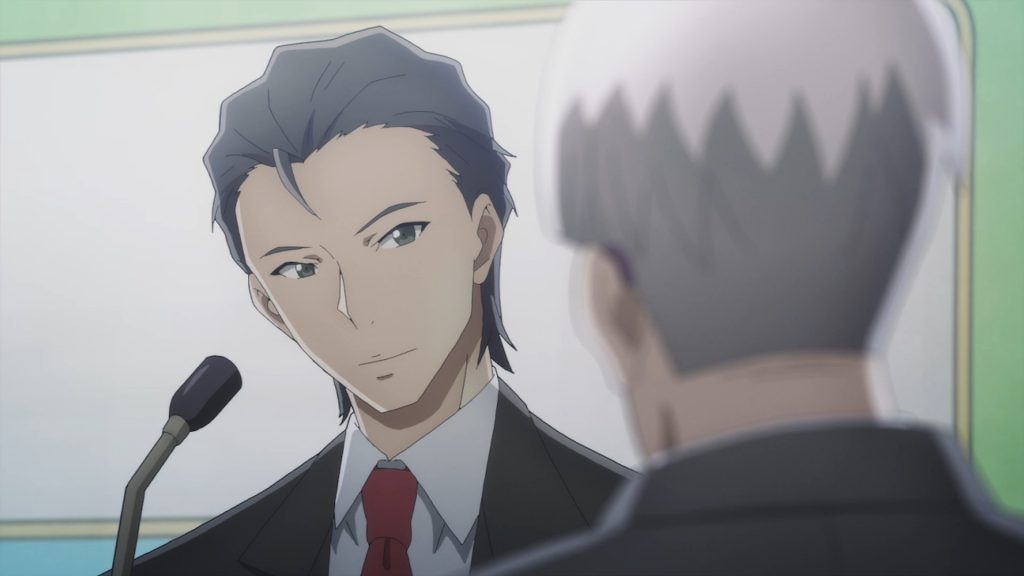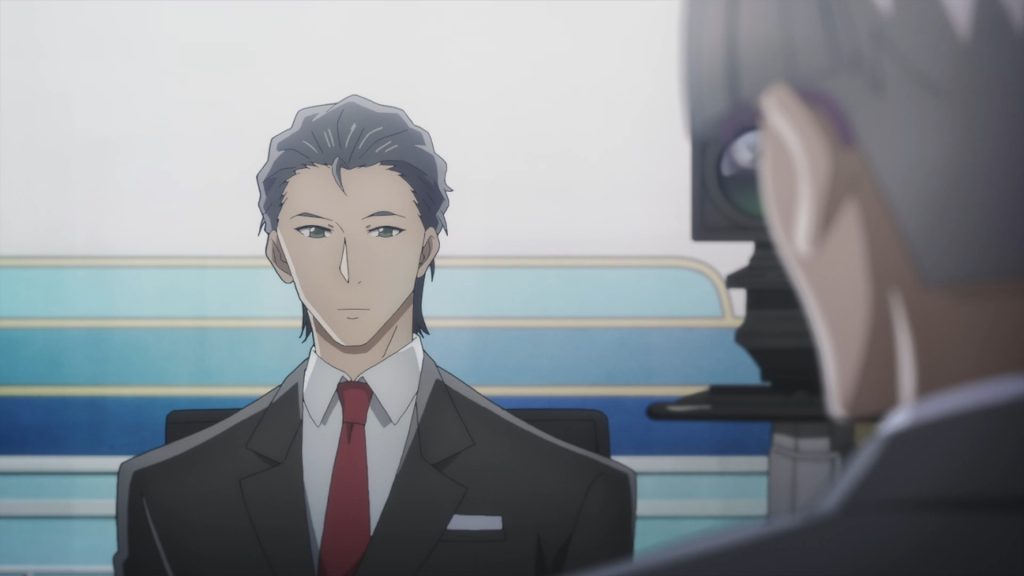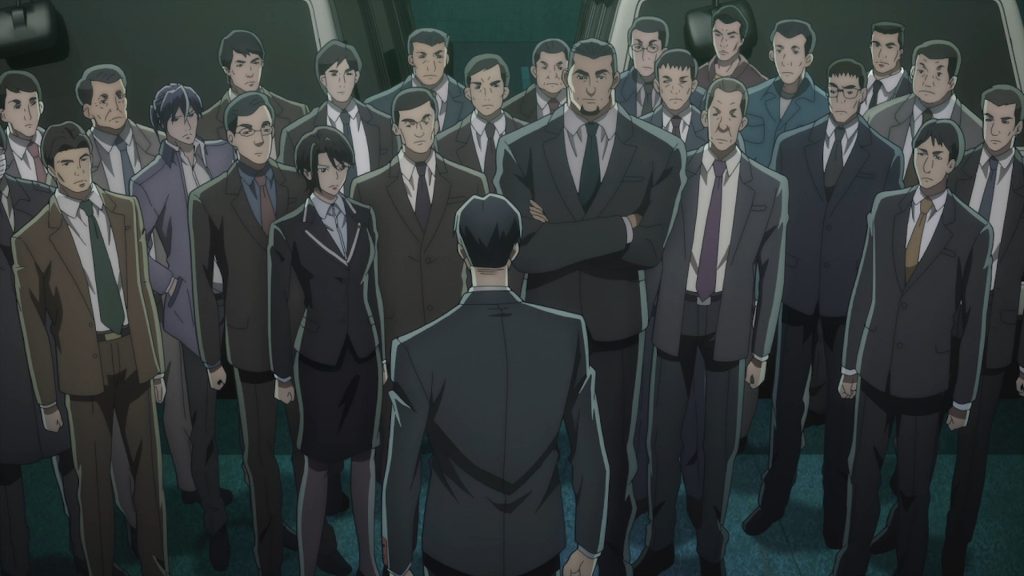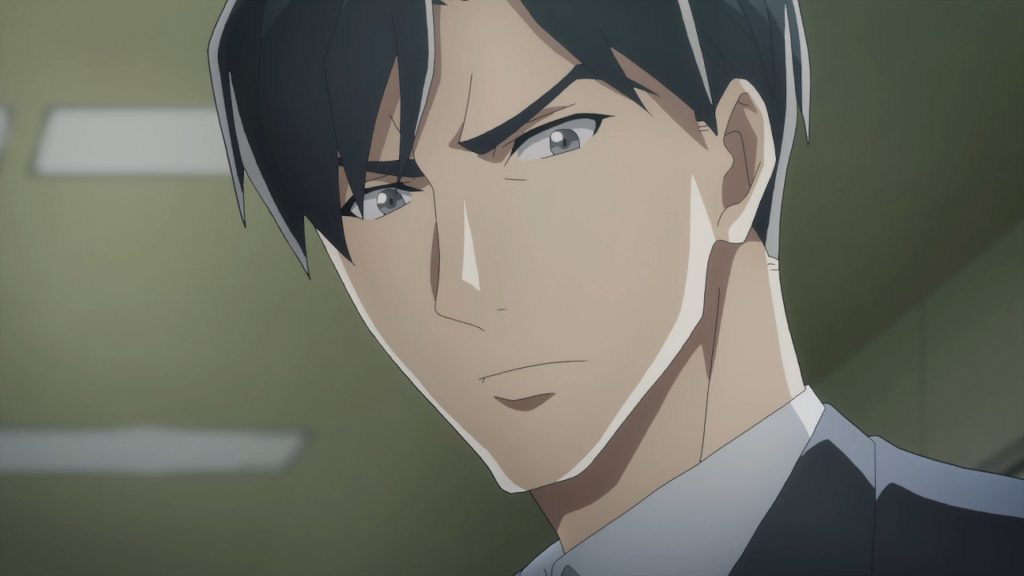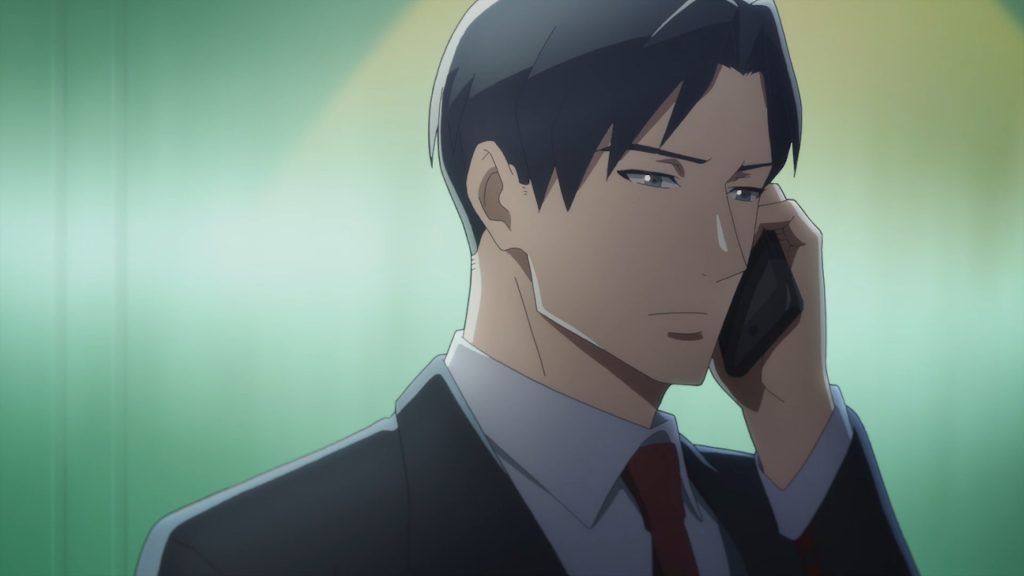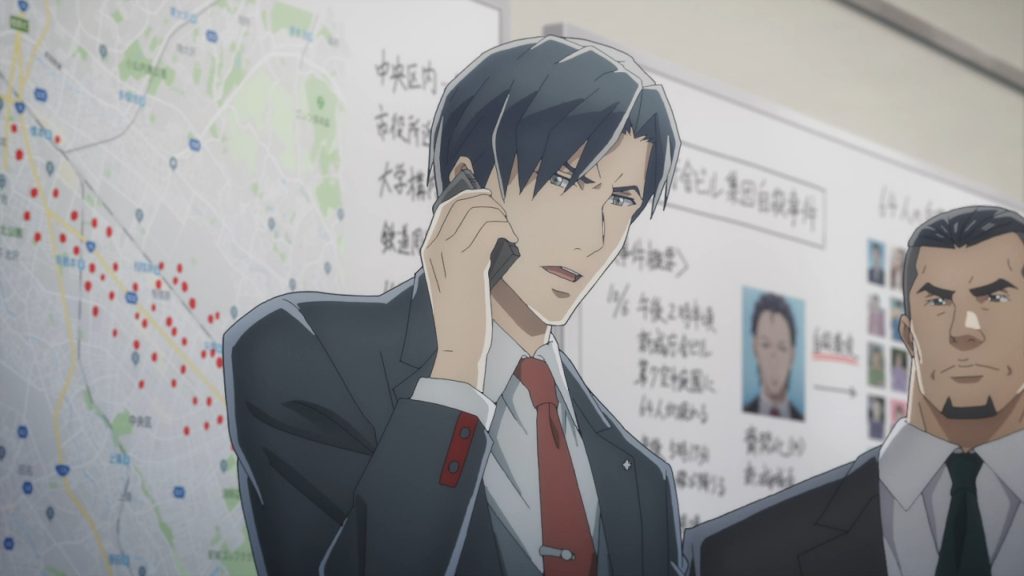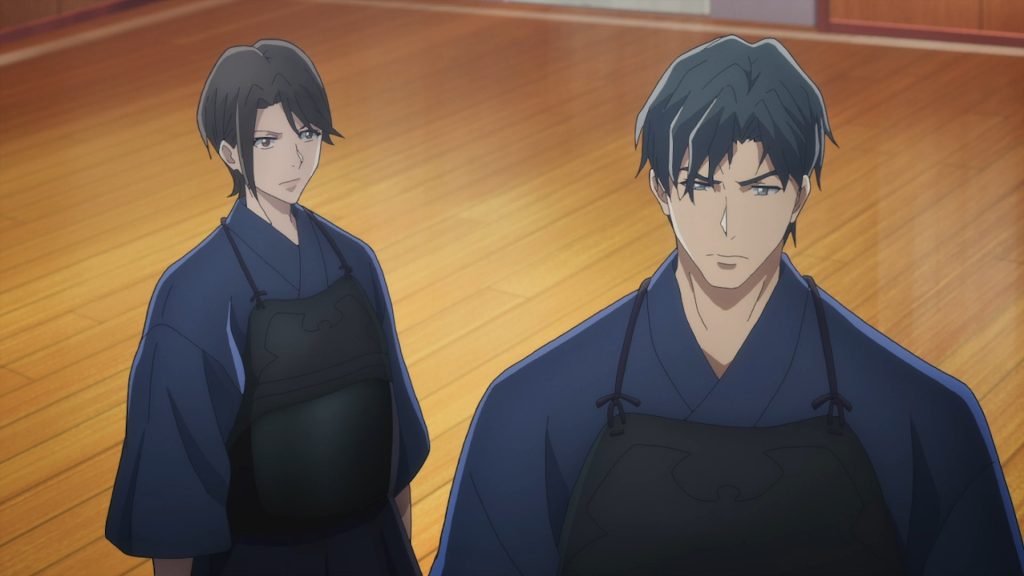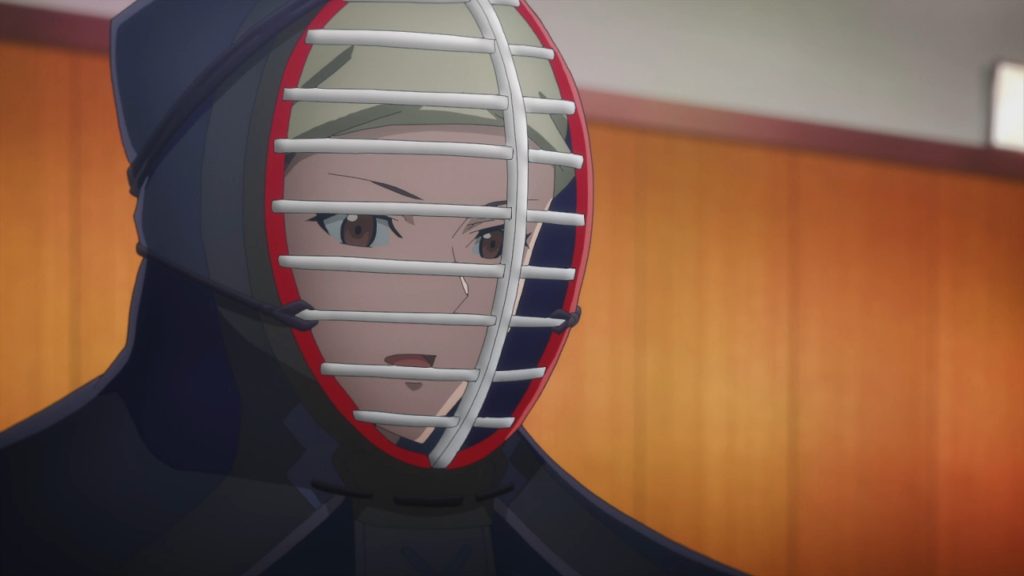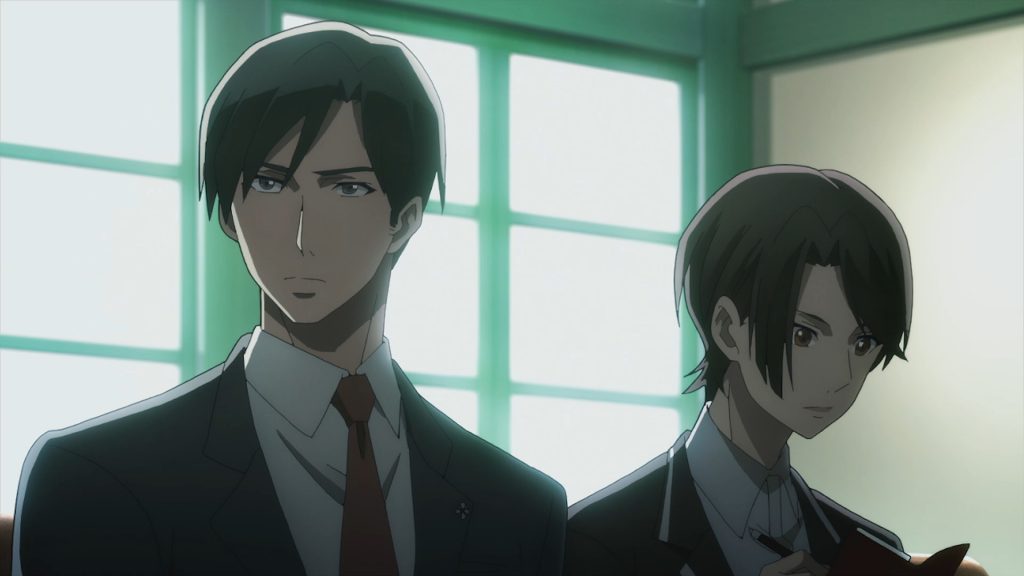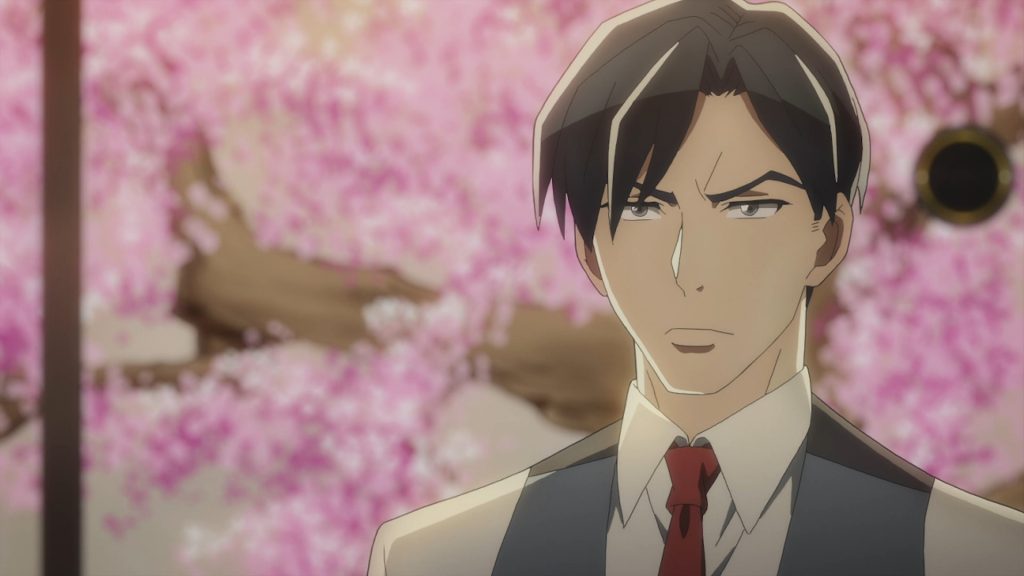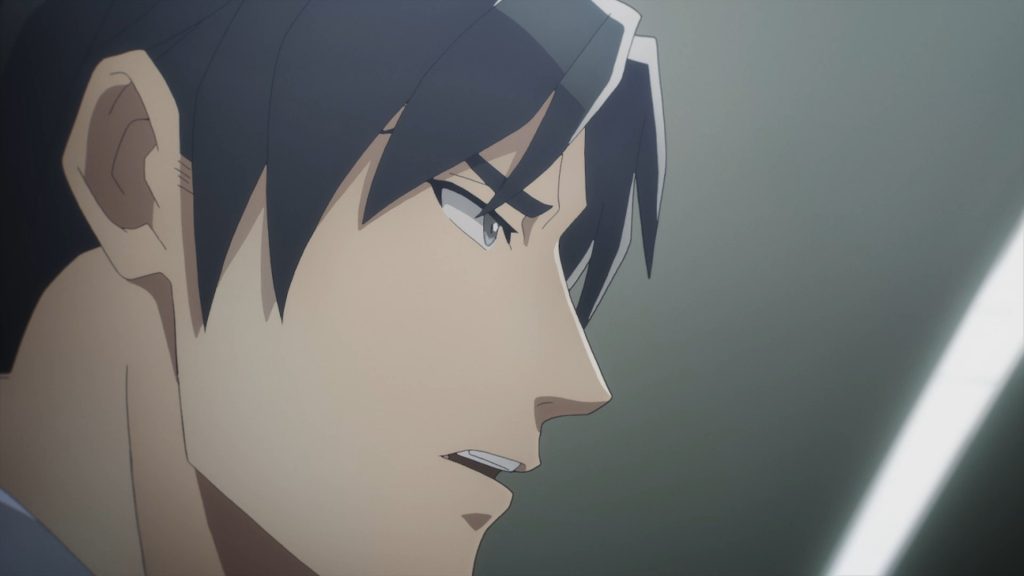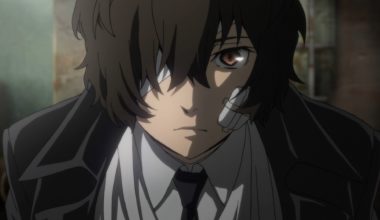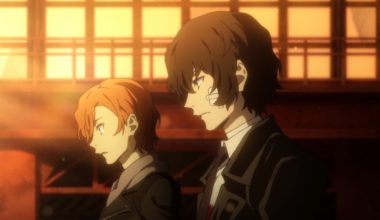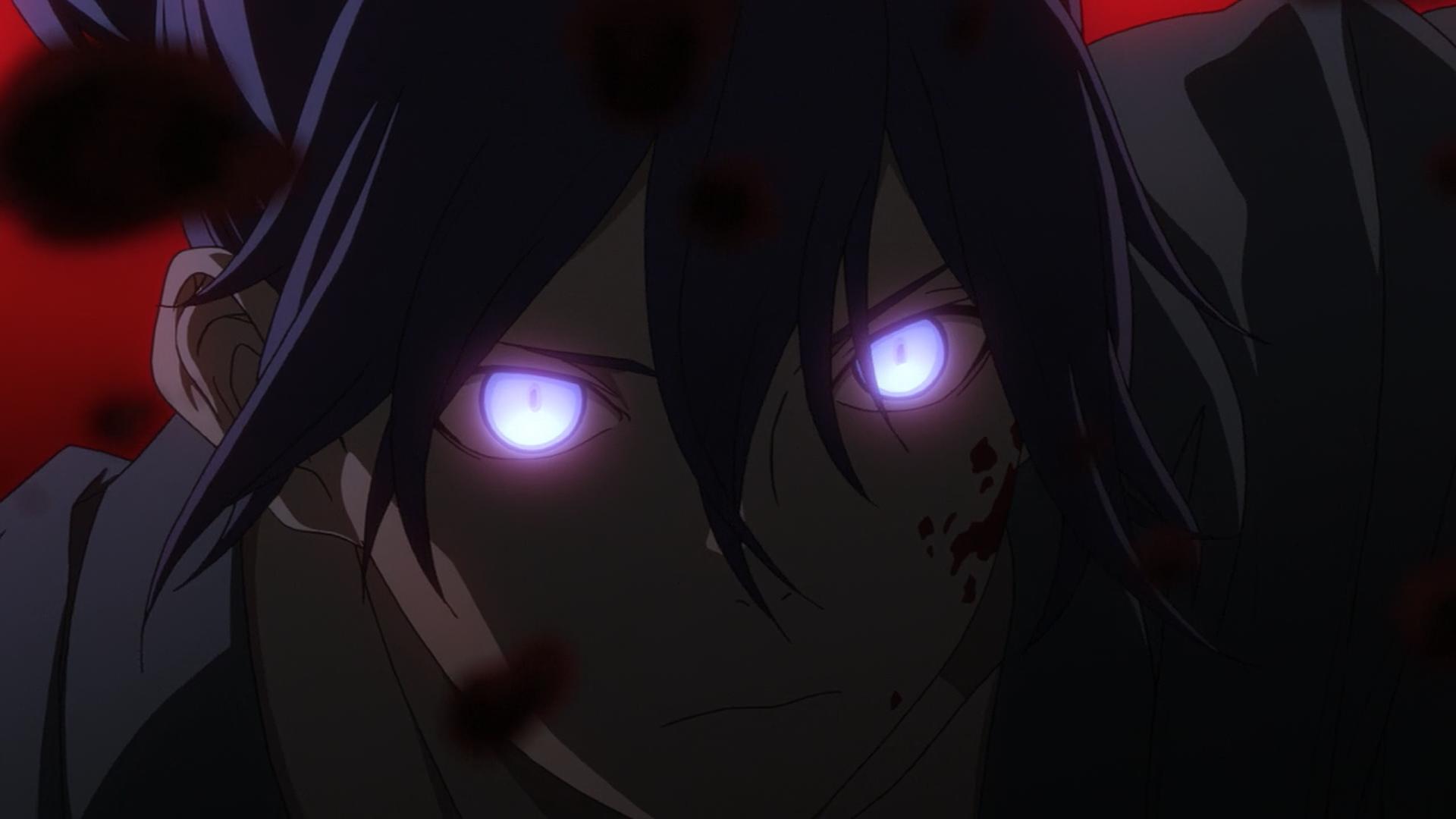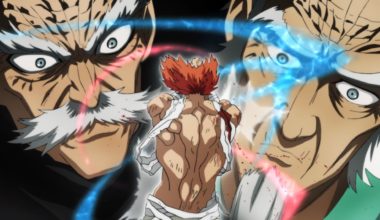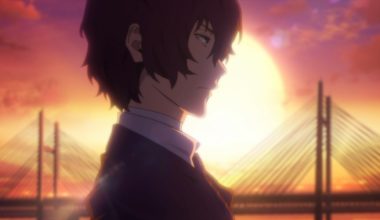Crime thrillers are interesting. Typically there’s some larger shot at grandeur with the overall plot but a majority of viewers of these types of shows are looking for the more immediate gratification: Is anything happening (action) and do I care (characters). As a writer, if you don’t know where your work of fiction stands, there’s a good chance it will end up as a mess. It’s of course, entirely possible to incorporate elements of both and come out successful – after all, fiction and storytelling is much more than something so empirical as a formula. I am painting with broad strokes and I’m not exactly educated on this subject but that’s how I see it. But where does Babylon stand?
Let’s talk about what’s going on here. Itsuki continues to push his “Suicide law” and even is able to hold it up to considerable scrutiny in a debate. So many absolutely ridiculous things proceeded to occur following his nomination, debate, and ensuing insanity, but does anything he says have any real merit?
Only thing that I can say is that I’m slightly confused – is there anything illegal about suicide today? Of course, it is discouraged, and if you attempted to take your life and failed to do so there would doubtlessly be intervention…but to call it “illegal” seems to not make much sense to me. More like “self-destructive”. At the risk of potentially offending anyone, I’m not going much further on the dubiousness of the morality of the issue. My assumption is that the belief that it is “illegal” is deeply entrenched with the Japanese idea of shame. A son or daughter who commits a deeply shameful or horrifying act will often cause the father to take responsibility for it, often tragically taking their own life. It all comes from the collectivism of Japanese society versus the individualistic society those of us in the states are used to.
Of the two major threads that Babylon is currently pursuing, I find the suicide thread to be far less interesting than the enigmatic Ai Magase. The way she is described by her uncle belies a supernatural, peculiar power of suggestion. Or can it possibly be supernatural? The fact that we don’t know the answer is perhaps the most compelling – a part of me worries that the solution to this enigma will also dispel all the excitement that came with the mystery in the first place. That said, it’s not exactly a reason to fault the mystery out of hand – after all, we don’t know much yet!
Magase’s “power of suggestion” for lack of a better word seems to be the most compelling thread in the show. We all know it’s only a matter of time before we discover the relation between Magase and Itsuki’s suicide law, of course, but for now my eyes are fixated on the former. There is probably a deeper dialogue about the meaning of our choices and free will here (likely given a mouthpiece through the Magase dialogue in episode 2), but for now I’m mostly putting those themes on the backburner and just watching things unfold.
A word of caution – Seizaki has a family. I can’t conceive of why a main character would be given a family in a story like this (and given some screentime) if there was any other purpose than to take them away from him. Be prepared for heart break – I expect it to be completely brutal. I hope to revisit this post and reply “Thankfully I was wrong about that one!”, but not looking too hopeful on that.





